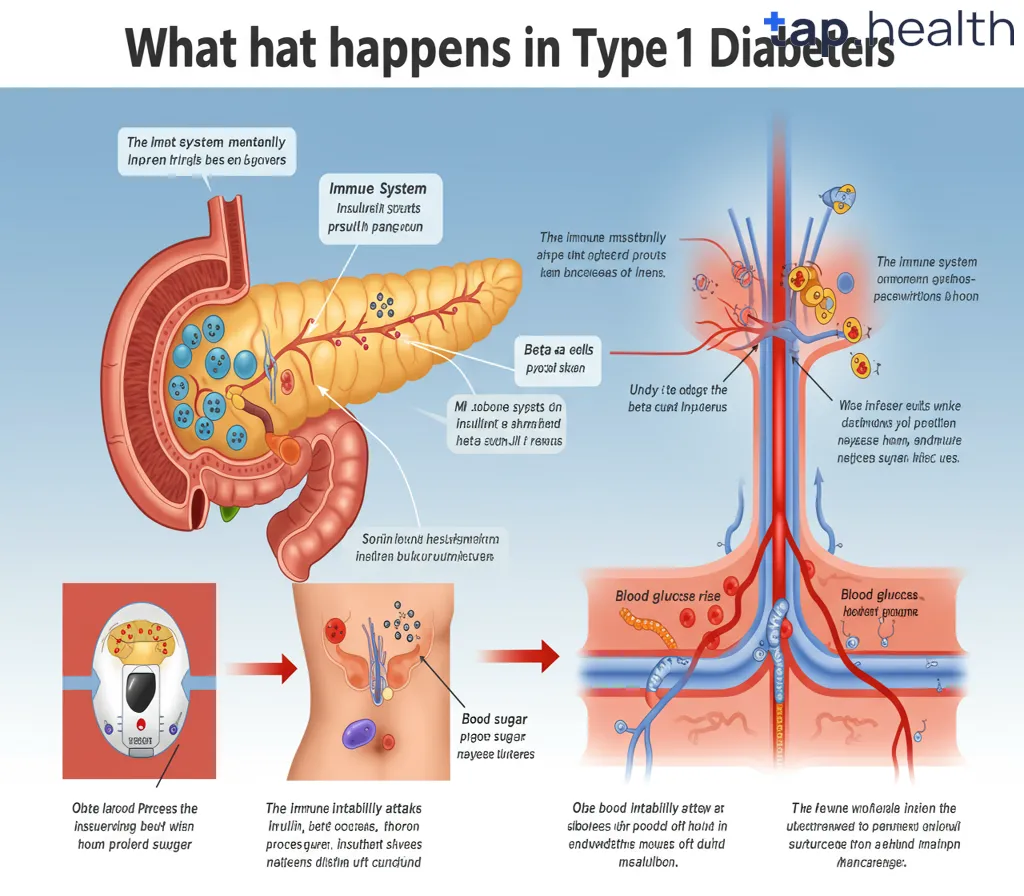Welcome to your sixth month of pregnancy! This exciting phase, spanning weeks 21 to 24, is crucial for your baby’s development. Your diet is vital to ensuring you and your baby stay healthy. This blog will guide you through what to eat, what to avoid, helpful diet tips, and necessary supplements for this stage of your pregnancy.
Foods to Eat in the 6th Month of Pregnancy
Eating a balanced diet is essential during the sixth month of pregnancy. Here are some foods that should be part of your daily meals:
1. Fruits and vegetables
Fruits and vegetables are rich in vitamins, minerals, and fiber. They help maintain your health and promote your baby’s growth.
- Leafy Greens: Spinach, kale, and broccoli contain iron, calcium, and folic acid.
- Citrus Fruits: Oranges, lemons, and grapefruits provide vitamin C, which boosts your immune system.
- Berries: Strawberries, blueberries, and raspberries are high in antioxidants and vitamins.
2. Whole grains
Whole grains are a great source of energy and provide important nutrients such as fiber, iron, and B vitamins.
- Brown rice is a good source of complex carbohydrates and fiber.
- Oatmeal: It helps with digestion and keeps you feeling full longer.
- Whole wheat bread is rich in fiber and helps maintain energy levels.
3. Lean proteins
Protein is essential for the growth and development of your baby.
- Lean Meats: Chicken and turkey are excellent sources of lean protein.
- Fish: Salmon and sardines are high in omega-3 fatty acids, which are crucial for your baby’s brain development.
- Beans and lentils: They provide protein and are high in fiber.
4. Dairy Products
Dairy products are important for calcium, which is necessary for your baby’s bone development.
- Milk is rich in calcium and vitamin D.
- Yogurt contains probiotics that are good for digestion.
- Cheese provides calcium and protein.
5. Nuts and Seeds
Nuts and seeds are excellent sources of healthy fats, protein, and fiber.
- Almonds are high in vitamin E and magnesium.
- Chia seeds are rich in omega-3 fatty acids and fiber.
- Walnuts: Provide healthy fats and protein.
Also Read: Seventh Month Pregnancy Diet Chart
Foods to Avoid in the Sixth Month of Pregnancy
Certain foods should be avoided during the sixth month of pregnancy to ensure the safety of you and your baby.
1. Raw or undercooked foods
- Raw Fish: Sushi and sashimi should be avoided due to the risk of bacterial infection.
- Undercooked Meat: Ensure all meats are well-cooked to avoid the risk of toxoplasmosis and salmonella.
2. Unpasteurized dairy products
- Unpasteurized milk can contain harmful bacteria that may cause infections.
- Soft Cheeses: Avoid soft cheeses like brie, camembert, and blue cheese unless they are made from pasteurized milk.
3. High-Mercury Fish
- Shark, swordfish, and King Mackerel: High levels of mercury can affect your baby’s brain development.
4. Caffeine and Alcohol
- Caffeine: Limit your intake to 200 mg per day (about one 12-ounce cup of coffee).
- Alcohol should be completely avoided during pregnancy.
5. Processed and junk foods
- Fast food is high in unhealthy fats, sugar, and salt.
- Sugary Snacks: Can lead to unnecessary weight gain and blood sugar spikes.
Diet Tips for a 6-Month Pregnant Woman
Maintaining a healthy diet is not just about what you eat but also how you eat. Here are some practical diet tips:
1. Eat small, frequent meals.
Eating smaller, more frequent meals can help manage hunger and prevent heartburn.
2. Stay hydrated.
Drink plenty of water to stay hydrated and help with digestion.
3. Include fiber-rich foods.
Fiber helps in preventing constipation, a common issue during pregnancy.
4. Avoid spicy and fatty foods.
These can cause heartburn and indigestion.
5. Monitor your weight gain.
Keep track of your weight gain to ensure it’s within a healthy range.
Supplements That You Can Take During the 6th Month of Pregnancy
Supplements can help fill nutritional gaps in your diet. Here are some important ones to consider:
1. Prenatal Vitamins
These typically contain essential vitamins and minerals such as folic acid, iron, and calcium.
2. Iron Supplements
Iron is crucial to preventing anemia. Your doctor might recommend a specific dosage.
3. Omega-3 Fatty Acids
It is important for your baby’s brain development. Fish oil supplements are a good source.
4. Calcium Supplements
If you are not getting enough calcium from your diet, supplements can help.
5. Vitamin D
It helps in the absorption of calcium and supports your immune system.
FAQ on the Sixth-Month Pregnancy Diet
1: How much weight should I gain during the sixth month of pregnancy?
On average, you should gain about 1 pound per week during the sixth month. However, this can vary depending on your pre-pregnancy weight and overall health.
2: Can I eat spicy foods during the sixth month of pregnancy?
While it’s safe to eat spicy foods, they may cause heartburn and indigestion. It’s best to eat them in moderation.
3: How much water should I drink during the sixth month of pregnancy?
Aim to drink at least 8–10 glasses of water a day to stay hydrated and support digestion.
4: Are there any specific foods that can help with morning sickness in the sixth month?
Morning sickness usually decreases by the sixth month, but if you still experience it, ginger tea and small, frequent meals can help.
5: Is it safe to eat nuts during pregnancy?
Yes, nuts are a great source of healthy fats, protein, and fiber. However, if you have a nut allergy, you should avoid them.
6: Can I take herbal supplements during pregnancy?
It’s best to consult your doctor before taking any herbal supplements, as some may not be safe during pregnancy.
7: Should I continue to take folic acid in the sixth month?
Yes, folic acid is important throughout your pregnancy for your baby’s development and can help prevent neural tube defects.
8: Can I eat seafood during the sixth month of pregnancy?
Yes, but choose low-mercury options like salmon, sardines, and shrimp. Avoid high-mercury fish like sharks and swordfish.
9: What can I do if I experience constipation during the sixth month?
Include more fiber-rich foods in your diet, stay hydrated, and engage in regular physical activity to help with constipation.
Q10: How can I manage heartburn during the sixth month of pregnancy?
Eat smaller, more frequent meals, avoid spicy and fatty foods, and avoid lying down immediately after eating.




